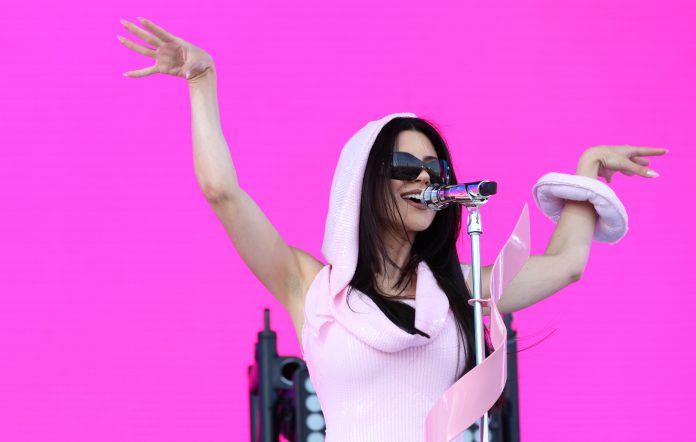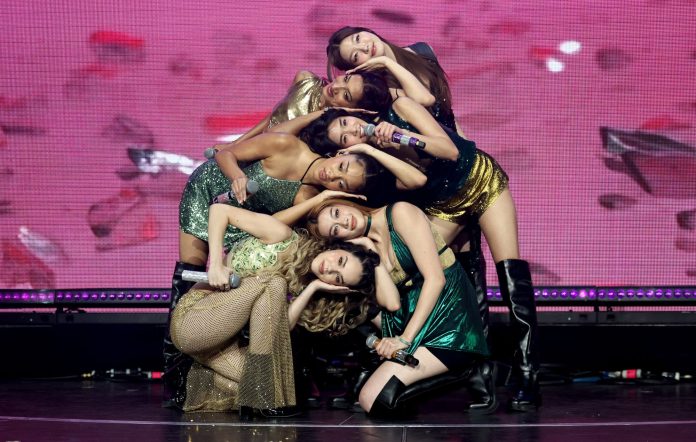Hip-hop founding father and entrepreneur Russell Simmons shed some light on the mystery surrounding his split with Def Jam Records founder Rick Rubin recently in an interview with DJ Vlad, posted Sunday on his Vlad TV YouTube channel.
Simmons gave a deceptively simple reason for one of the most momentous partnership dissolutions in music history, saying the two simply drifted apart as their priorities changed over time.
"Well, if he's making Slayer and I'm over here making Oran 'Juice' Jones where's the common thread?" he said in response to a direct question about the break up. "We should have been in the studio making Run DMC, that's what I think. We should've made the next Run DMC album. He wasn't really ready to make Public Enemy because they didn't want anybody near them."
Rubin left the company in 1988 after losing a power struggle with Lyor Cohen. Neither Simmons nor Rubin have had much to say about their split in the decades since, making it one of music's great mysteries.
Simmons also eventually cashed out when his attention was drawn to his other business ventures. He remembers having to be reminded who Kanye West was, even though he'd signed him. And his sum total of his involvement in DMX's career was three business meetings.
"I build shit and then when everybody's smarter than me, I get out the way," Simmons said. "And it was perfect timing. I sold just in time. If we were seeking money, we got out at the right time. Everything crashed after that."
The wide-ranging interview also covered the importance of Public Enemy to Def Jam's legacy – "Public Ememy made the record (It Takes a Nation of Millions …) that defined Def Jam Records, in my opinion" – and Simmons' view on rap beefs.
"I ain't never had a rap beef and I ain't scared of nobody on the planet," Simmons said. When Vlad mentioned Public Enemy MC Chuck D and the Beastie Boys, who have called out Simmons in the past, Simmons said he's gone back and worked out all his disagreements.
"People get mad," Simmons said. "I try not to hurt people. I never do anything I think is going to hurt people, if I can help it. So artists get mad, they got a right to be mad. It's their job. They're artists."






